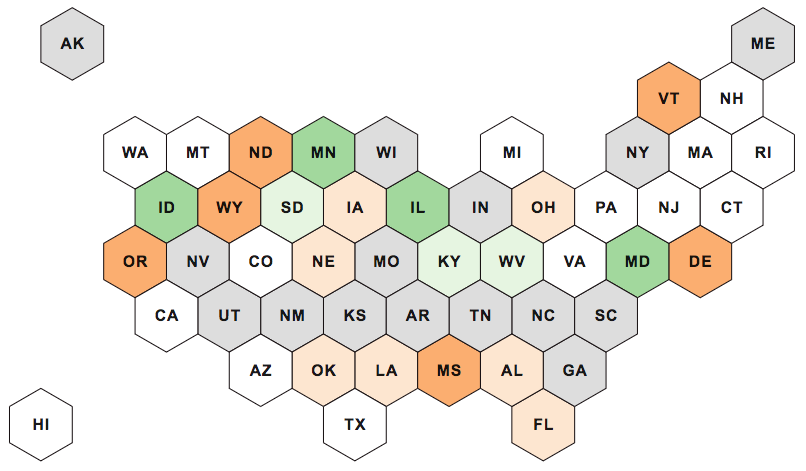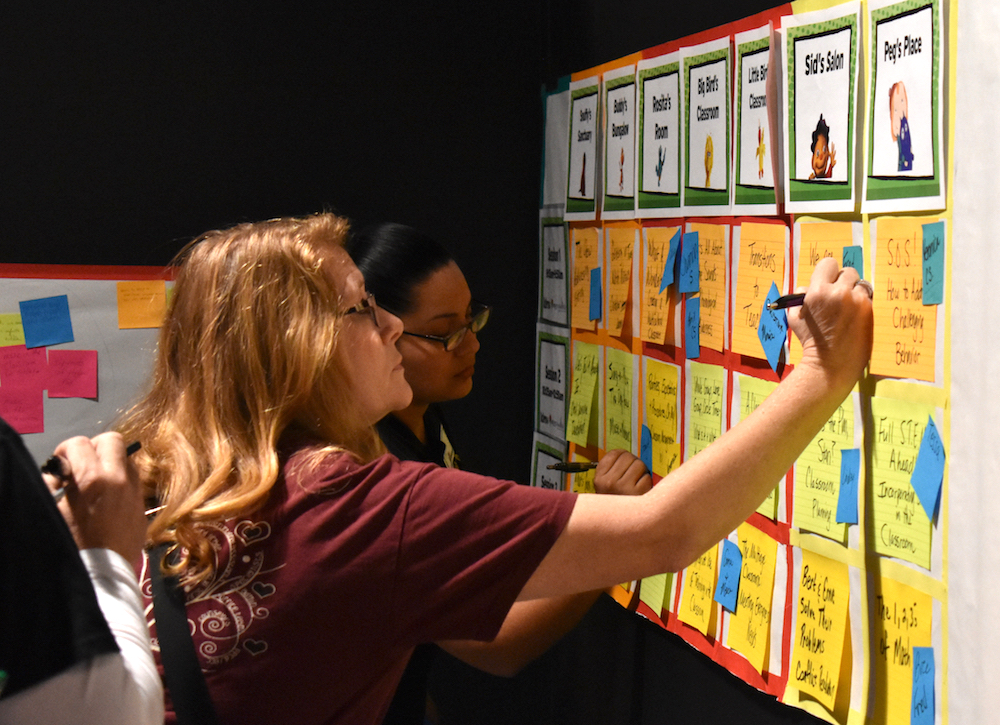System/Policy
Cappello leaves WNYC after more than 20 years
WNYC did not provide a reason for his departure.Alliance of music stations seeks to bring copyright law ‘into modern era’
As lawmakers debate legislation backed by big players in streaming services, music stations want a better legal climate for their work on ...PBS push to preserve translator services awaits FCC decisions
By the time the FCC's extended filing deadline passed June 1, operators of 688 translators carrying programming of 55 PBS member stations ...IG advises CPB to tighten rules for calculating stations’ indirect support
A limited-scope audit of two university-owned stations found "significant errors" in accounting of institutional support.CPB analysis finds smaller stations lagging in revenue growth
“We have to put our heads together and figure out how they can remain sustainable,” said CPB's VP of radio.Newsrooms must be ‘prodded into action’ on staffing diversity, says Harvard report
NPR and "PBS NewsHour" were among the few national media outlets to share staff diversity data for the report.Current’s guide to state funding of public broadcasting
How much does your state spend on public media? Which states spend the most and least per resident? And where does the ...Outsize spending on pubcasting in Utah backs state-spanning broadband services
The Utah Education and Telehealth Network not only broadcasts on three TV channels but oversees a statewide broadband network that reaches more ...For some pubcasters, state funding plays valuable role in strengthening service
State money makes up a relatively small slice of total system revenue but can make a big difference at stations.PBS ‘planting flag firmly’ on kindergarten readiness for all children
PBS is rolling out several initiatives and deepening collaborations with stations to help kids prepare for school.Pubcasters may benefit from potential FCC changes to use of educational spectrum
The commission is considering rule changes that could give educational institutions and some public broadcasters more flexibility to make money from frequencies ...New NPR mentorship program aims to address ‘a very particular diversity issue’
The pilot program pairs 10 mentors with 10 mentees throughout the company.NPR begins lobbying push to improve legal climate for music stations
The initiative will be announced Tuesday at the annual Non-COMMvention in Philadelphia.NPR employees ask board for transparency in response to harassment scandals
A meeting at NPR’s headquarters this month was the third consecutive board session where employees spoke about harassment fallout.Former WEAA GM claims university inflated expenses in CPB reports
Michele Williams says Morgan State University fired her in May 2017 after she raised concerns about the misreported costs.








